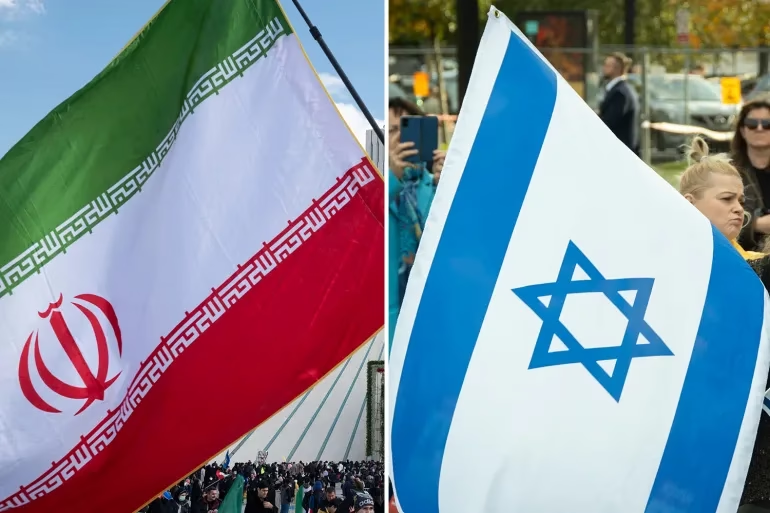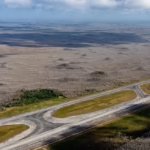After twelve days of intense fighting between Israel and Iran, marked by heavy missile strikes and casualties on both sides, the announcement of a ceasefire appears to signal a potential de-escalation.
It was U.S. President Donald Trump who first declared on Monday evening that a ceasefire agreement had been reached. A few hours later, Iran’s state television confirmed the news, according to The New York Times.
President Trump described the ceasefire as the outcome of bilateral negotiations. Posting on Truth Social, he announced a “Complete and Total” end to hostilities, adding that the truce would be phased in, allowing both sides time to conclude ongoing military operations. “The war will be considered over by the 24th hour,” he wrote, without offering further details about how the ceasefire would be implemented.
However, the situation on the ground has contradicted the initial optimism.
According to the Israeli military, Iran launched three waves of missile attacks overnight from Monday to Tuesday. Israel’s emergency services confirmed that at least three civilians were killed in those strikes. Iran’s Foreign Minister Abbas Araghchi posted on social media that Iranian forces had “fought until the very last minute,” suggesting that the truce took effect at dawn.
Diplomatic sources cited anonymously by The New York Times indicated that Qatar played a central role in brokering the ceasefire, acting as a go-between for Tehran and Washington. According to these sources, Iranian agreement came after Qatar conveyed confirmation that Israel had also accepted the U.S.-proposed terms.
The ceasefire comes amid high tensions. On Saturday, American bombers targeted several Iranian nuclear facilities, prompting Tehran to retaliate by launching a missile attack on Al Udeid Air Base in Qatar, home to roughly 10,000 U.S. troops. American military officials said Iran issued a warning beforehand to limit casualties.
In Washington, Vice President J.D. Vance called the ceasefire a turning point. “The war now appears to be effectively over,” he said, urging renewed efforts to build a lasting peace. President Trump, for his part, struck a more triumphant tone, calling the ceasefire “an end saluted by the entire world.”
Despite the announcements, the international community remains cautious.
In Brussels, European foreign ministers expressed concern about the risk of renewed escalation. The EU’s top diplomat, Kaja Kallas, warned of “potentially uncontrollable consequences.” In Vienna, the International Atomic Energy Agency (IAEA) convened an emergency session. Its director, Rafael Grossi, warned that “violence and destruction could reach unimaginable levels” if diplomacy fails, according to the New York Times.







